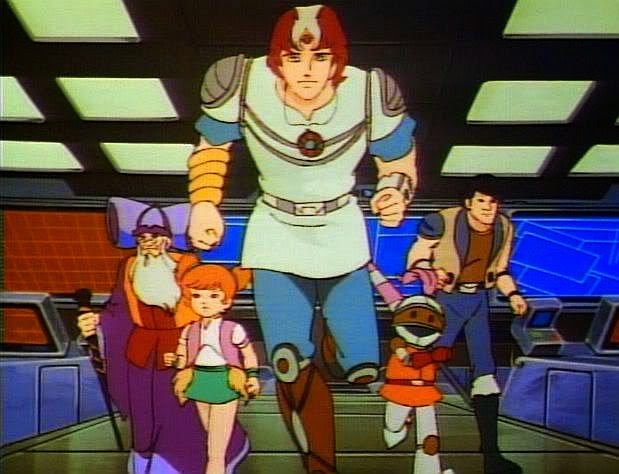 This series featured great animation techniques, more cells and frames, and vivid colours. The result is a very smooth flow of animation. There were only thirteen episodes of the Wuzzles and one of them was released in the theaters. I'm guessing that there was plans for more episodes, but the series didn't make it to the second season.
This series featured great animation techniques, more cells and frames, and vivid colours. The result is a very smooth flow of animation. There were only thirteen episodes of the Wuzzles and one of them was released in the theaters. I'm guessing that there was plans for more episodes, but the series didn't make it to the second season.Just before the series, there was a huge toy line of the Wuzzles released by Disney and Hasbro Bradley. Stuff from plush Wuzzles, posable figures, miniatures, radios, bed sheets, books, clothing, and possibly other stuff. The plush toys were dated back to 1984 and a second set of the Wuzzles were released with six new ones through 1985 to 1986.




